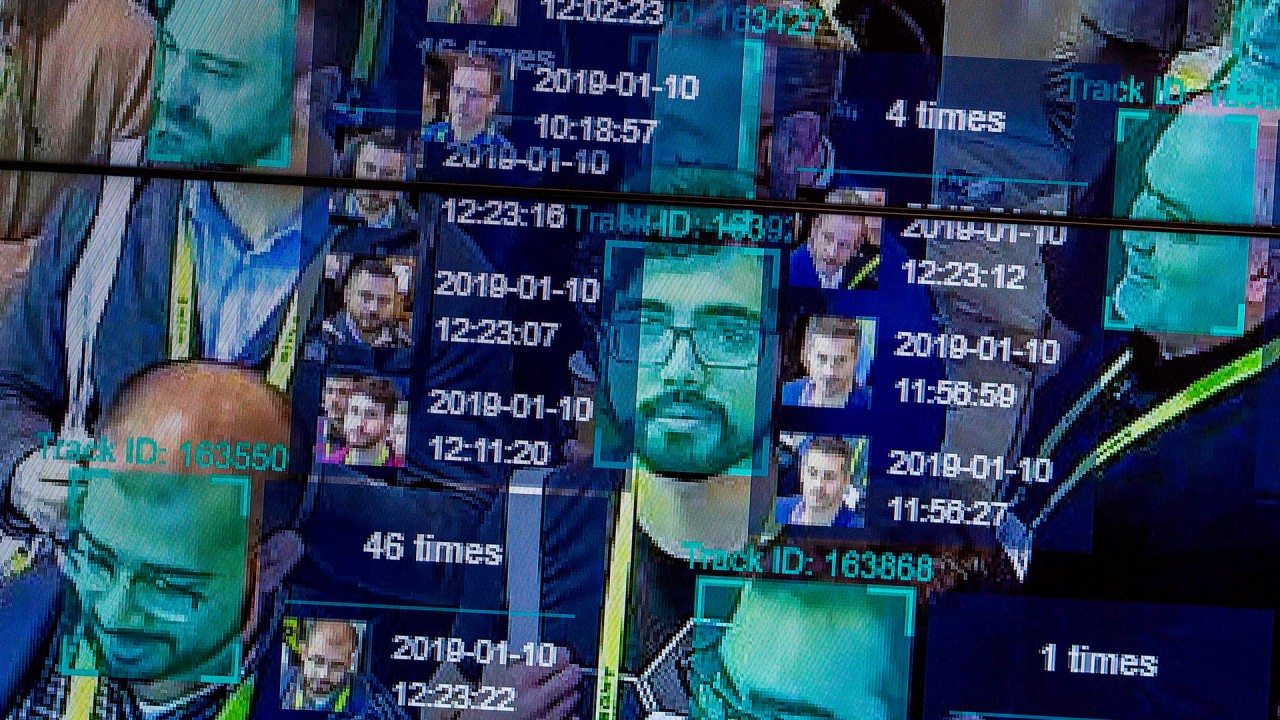
NSA mass spying exposed by Snowden was illegal, US court rules
- NSA surveillance programme was first brought to light by Edward Snowden in 2013
- Dragnet that secretly collected millions of Americans’ phone records didn’t stop a single terrorist attack
Seven years after former National Security Agency contractor Edward Snowden blew the whistle on the mass surveillance of Americans’ telephone records, an appeal court has found the programme was unlawful – and that the US intelligence leaders who publicly defended it were not telling the truth.
In a ruling handed down on Wednesday, the US Court of Appeals for the Ninth Circuit said the warrantless telephone dragnet that secretly collected millions of Americans’ telephone records violated the Foreign Intelligence Surveillance Act (FISA) and may well have been unconstitutional.
Snowden, who fled to Russia in the aftermath of the 2013 disclosures and still faces US espionage charges, said on Twitter that the ruling was a vindication of his decision to go public with evidence of the National Security Agency’s domestic eavesdropping operation.
“I never imagined that I would live to see our courts condemn the NSA’s activities as unlawful and in the same ruling credit me for exposing them,” Snowden said in a message posted to Twitter.
Evidence that the NSA was secretly building a vast database of US telephone records – the who, the how, the when, and the where of millions of mobile calls – was the first and arguably the most explosive of the Snowden revelations published by The Guardian in 2013.
Trump considers pardon for Edward Snowden, after once calling for his execution
Up until that moment, top intelligence officials publicly insisted the NSA never knowingly collected information on Americans at all. After the program’s exposure, US officials fell back on the argument that the spying had played a crucial role in fighting domestic extremism, citing in particular the case of four San Diego residents who were accused of providing aid to religious fanatics in Somalia.
US officials insisted that the four – Basaaly Saeed Moalin, Ahmed Nasir Taalil Mohamud, Mohamed Mohamud, and Issa Doreh – were convicted in 2013 thanks to the NSA’s telephone record spying, but the Ninth Circuit ruled Wednesday that those claims were “inconsistent with the contents of the classified record”.

01:28
San Francisco bans facial recognition surveillance
The ruling will not affect the convictions of Moalin and his fellow defendants; the court ruled the illegal surveillance did not taint the evidence introduced at their trial. Nevertheless, watchdog groups including the American Civil Liberties Union, which helped bring the case to appeal, welcomed the judges’ verdict on the NSA’s spy programme.
“Today’s ruling is a victory for our privacy rights,” the ACLU said in a statement, saying it “makes plain that the NSA’s bulk collection of Americans’ phone records violated the Constitution”.
Snowden couldn’t find evidence US government was hiding aliens
The call-tracking effort began without court authorisation under President George W. Bush following the September 11 terrorist attacks. A similar programme was approved by the secretive FISA Court beginning in 2006 and renewed numerous times, but the 9th Circuit panel said those rulings were legally flawed.
The metadata programme was officially shut down in 2015 after Congress passed the USA FREEDOM Act, which provided a new mechanism where phone providers retained their data instead of turning it over to the government. The revamped system appears to have been abandoned by the NSA in 2018 or 2019.
Additional reporting by Politico

